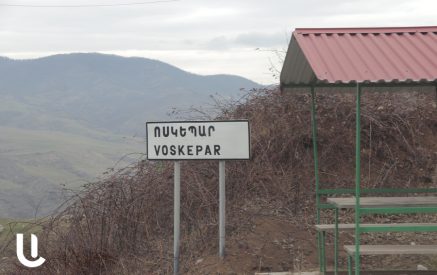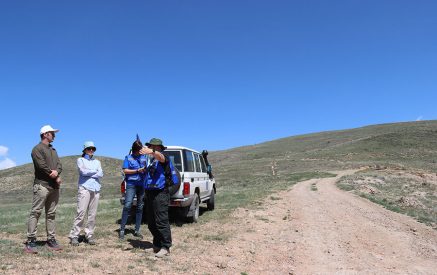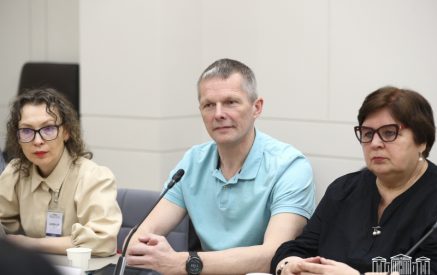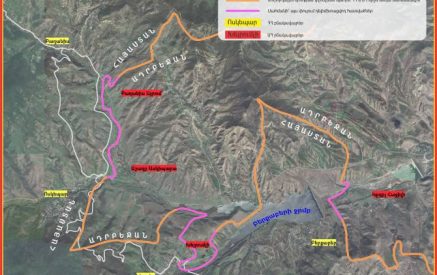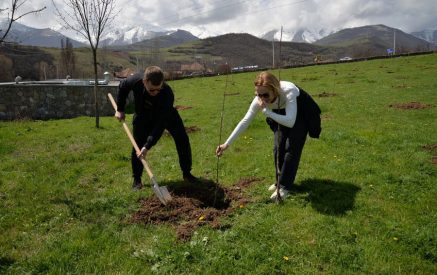BY GAREN YEGPARIAN
No, this piece’s title is not a veiled reference to Nazi Germay or one of French statehood’s manifestations. It’s about the Republic of Armenia and the U.S.
The Armenian reference is probably obvious. The first republic was the one established in 1918, the second is the Soviet one, and the third is the current state we have that is muddling forward through the transition to its most recently adopted constitution.
But, according to Daron Acemoglu and Simon Johnson in their August 15, 2017 “Foreign Policy” piece titled “It’s Time to Found a New Republic” even the U.S. may be on the verge of doing much the same thing. You might remember that Acemoglu got some play in the Armenian media in the recent past as one of the ten most cited economists. His interests seem to fall on the cusp between economics and politics and how that interplay impacts people.
It is an article well worth reading, but for our present purposes, here’s an exceedingly brief, almost unjust, summary of what is presented therein. Acemoglu and Johnson argue that the U.S. is living through a phase of its life that is very analogous to the late 1800s-early1900s. Back then, new technologies were leading to huge advances in productivity but also concentrating more wealth into fewer people’s hands. This money was finding its way into the country’s political system and leading to a government that was acting not in everyone’s interests but that of the wealthiest (the “robber barons”). Then, a reform movement was born and after a few decades of struggle resulted in a political-economic system that constrained the power of the wealthy and enabled the blessings of technological advances to be more equally shared, creating what we all now recognize as the current American system, and, effectively, a “second” republic.
It certainly seems like an apt comparison to make. Today’s new or, disruptive (to use the vogue jargon), technologies focus on data rather than oil and steel, but their impacts are the same. Who but the very few do not feel financially squeezed, politically disenfranchised, and disgusted with the level of governmental influence money can buy these days?
This reality is creating much rancor and dissatisfaction, to the extent that upon Trump’s election as president, California’s secession from the republic was getting some straight-faced consideration. The same level of dissatisfaction is evident in Armenia. There, it manifests as an exodus of the working-age population in search of opportunities elsewhere. Both countries must face up to these challenges and find solutions. For the U.S., this will come in the form of a new grand arrangement that will once again, effectively, if not formally, create a new, “third,” republic. For Armenia, it will happen as the consolidation of the third republic into one of laws and some semblance of equity and justice, ending the torture caused by the remnants of its Soviet past and the political-economic power concentrated in the hands of what are called “oligarchs” – the equivalents of American corporate titans.
Thus, by an interesting coincidence of political and economic evolution, Armenians living in the U.S. have a golden opportunity. By engaging in the proper (re)democratization of both countries, we can contribute to both of those processes by being the “middle-men” who can learn from the quirks of each country to inform and assist the efforts of the other in this long and challenging effort.
I realize this is a VERY compact presentation and, as a consequence, following the ideas presented may be difficult. That is why I want to mention a second time that the original Acemoglu/Johnson article is something you ought to read. It will enable a better understanding of the matter at hand.
Let’s get involved with these processes and become a US-Armenia bridge.



